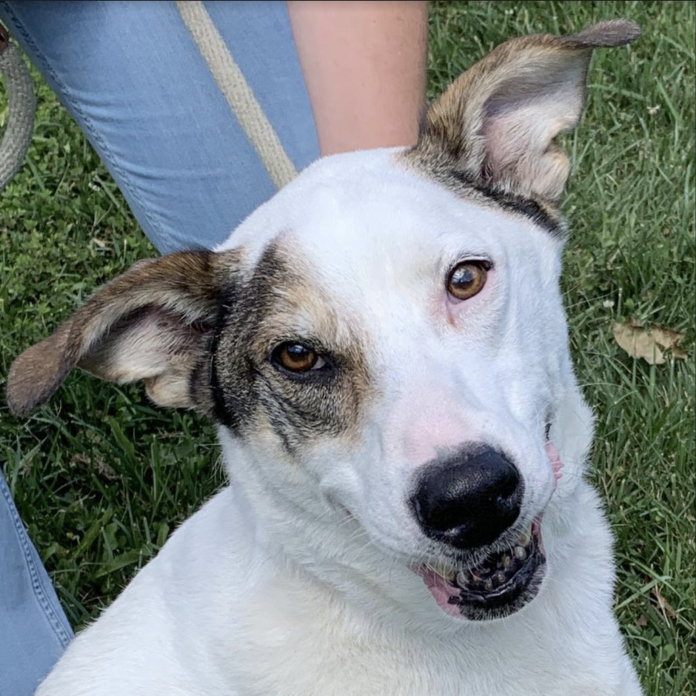We grow up learning that brushing our teeth daily and making regular visits to the dentist are key to having healthy teeth. Did you know that the same applies to our pets? Just like us, they can develop serious gum disease that leads to a painful mouth and even the loss of teeth.
Early stages of tartar buildup present as a yellowing of the teeth. This will progress to a brown material near the gum line. When ignored, tarter can cause inflammation and infection and eventually recession of the gum tissue. In severe cases, the recession can expose tooth roots, lead to an abscess and the loss of teeth. This is extremely painful for your pet and extremely costly to you.
However, regular at-home care can help to prevent your pet from developing dental disease. The best prevention is to brush your pet’s teeth a minimum of three times a week.
Getting your pet acclimated to having their teeth brushed can take some time. First, allow them to sample a small amount of the toothpaste to learn the flavor. Always use toothpaste made specifically for animals as human toothpaste can be harmful to your pet. You can also lift their lips to familiarize them with being touched in this area.
When brushing, you will use a gentle motion to clean the surface of teeth and the gum line, ensuring you reach those in the back of the mouth. When you are done, be sure to reward your pet with some treats so they associate the procedure with positive reinforcement.
If your pet simply will not tolerate teeth brushing, there are dental chews and some foods that are specifically made for helping with tartar control. You can speak with your veterinarian about which of these would be best for your pet.
Even with weekly at-home care, pets usually need periodic dental cleanings just like we do. These cleanings help to remove any additional tartar buildup to prevent dental disease. Dental cleanings require anesthesia; this is for the safety of the animal as the procedure can be stressful for them.
Following these easy steps and making your pet’s dental care a part of their normal routine can lead to a happier and healthier pet.





